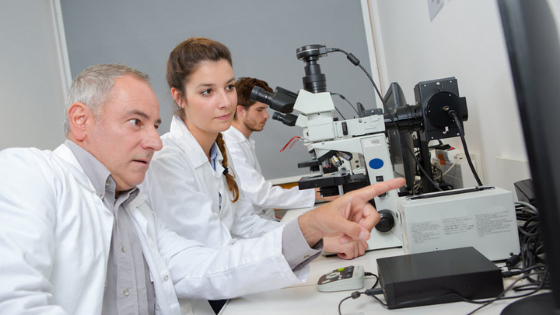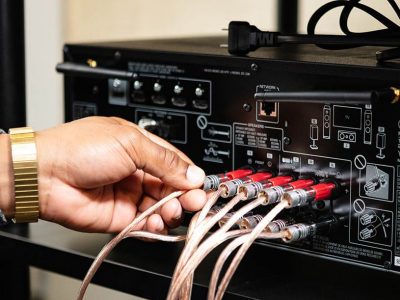Every human being requires water and nutritious food to sustain themselves in order to live a healthy life. The short and busy life that we are a part of has made us look for easy solutions to the problems that come our way. Be it as necessary as food, water, transport, etc., we look for shortcuts without compromising the comfort of our homes.
When it comes to food, there are a lot of options like hotel dine-in, takeaway, order the food home, ready-to-heat meals, or packaged re-heatable substitutes. But have you ever wondered if they are good for you?
Every packaged food item has nutritional labels on them. But no one has the time to test these packed food items to make sure that the given nutrition information holds true in the same quantities as claimed by the manufacturer.
How can a layman be assured that what he is eating or drinking won’t cause him any harm or lead to health problems? How can one be sure that the food they are eating is prepared according to the set of scientific standards in a clean and hygienic manner? Where is the proof that the food is not adulterated with some harmful substances?
Well, there is a way to find out. If the food item is tested by a NABL accredited lab, the consumer can be guaranteed of the food product’s safety and hygiene.
What is Food testing?
Food testing is a process of scientifically analyzing the food products that are being sold to ensure that the product contains the ingredients and nutritional value that the manufacturer claims.
This process also monitors the usage of preservatives and other synthetic ingredients in the food that is manufactured. It also checks if the manufacturer abides by the set food laws. These food testings are done in various laboratories across India.
Who authorizes these food testing labs to conduct tests?
The question of how reliable these food testing laboratories are does arise. Who authorized these food testing centers to conduct these tests, and who should be approached if the food testing laboratory is at fault?
The National Accreditation Board for Testing and Calibration Laboratories (NABL) oversees the activities of the food testing laboratories. It is a body authorized by the government of India to provide certifications to laboratories across India, to conduct reliable and competent medical tests.
The National Accreditation Board for Testing and Calibration Laboratories (NABL) conducts the assessments of the laboratories according to the International Standard ISO/ IEC 17025 and ISO 15189.
What is ISO/ IEC 17025 and ISO 15189?
The International Standard ISO/ IEC 17025 and ISO 15189 are Competency Testing and Calibration of Medical Laboratories Package that lists out the basic guidelines and requirements that have to be fulfilled by laboratories in terms of testing, calibration, and sampling.
What are the accreditation areas of the NABL?
In terms of testing:
- Biological, Chemical, Electrical, Electronics, Fluid-Flow, Mechanical, Non-Destructive Testing, Photometry, Radiological, Thermal, Forensic, Medical
In terms of calibration:
- Electro-technical, Mechanical, Fluid flow, Thermal & Optical, Radiological
Why should we choose a NABL accredited lab?
A laboratory accredited with NABL certification assures that the quality of testing is the best. If it is a NABL accredited lab, the consumer can be assured that the product being tested is in good hands. The reliability and confidence of the laboratory to provide accurate results increases.
The NABL checks if the laboratories use the right equipment and technology to obtain the required results. It also ensures if the laboratory follows proper medical standards that are set to collect, analyze, and report on the food being tested.
Some of the services provided by NABL accredited lab across India are as follows:
- Testing food and agricultural products as per FSSAI/EU (European Union)/ FSSA (Food Safety and Standards Act).
- Contract testing services to ensure the food is compliant with HACCP, ISO, GMP, and GLP.
- To test for the presence of residual chemical pesticides, banned drugs, and coloring agents.
- Analysis and identification of microbes and other pathogens.
- Estimate the nutritional content and shelf life of packaged food items and beverages.
- Estimate the fatty acid compositions and the amount of trans fat.
- Analysis of alcohol/alcoholic beverages.
- Estimation of Mycotoxins and Ochratoxin residues using ELISA techniques.
- Analysis of milk, milk products, spices, and condiments.
- Analysis and identification of various adulterants and adulterated products.
- Testing for residual dioxane and ethylene oxides using GC-HS techniques.
- Testing, analysis, and confirmation of the origin of food whether it is plant or animal by conducting DNA tests.
- Variety authentication of different types of rice that includes Basmati rice and non-Basmati rice.

















Comments